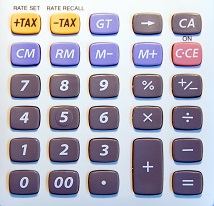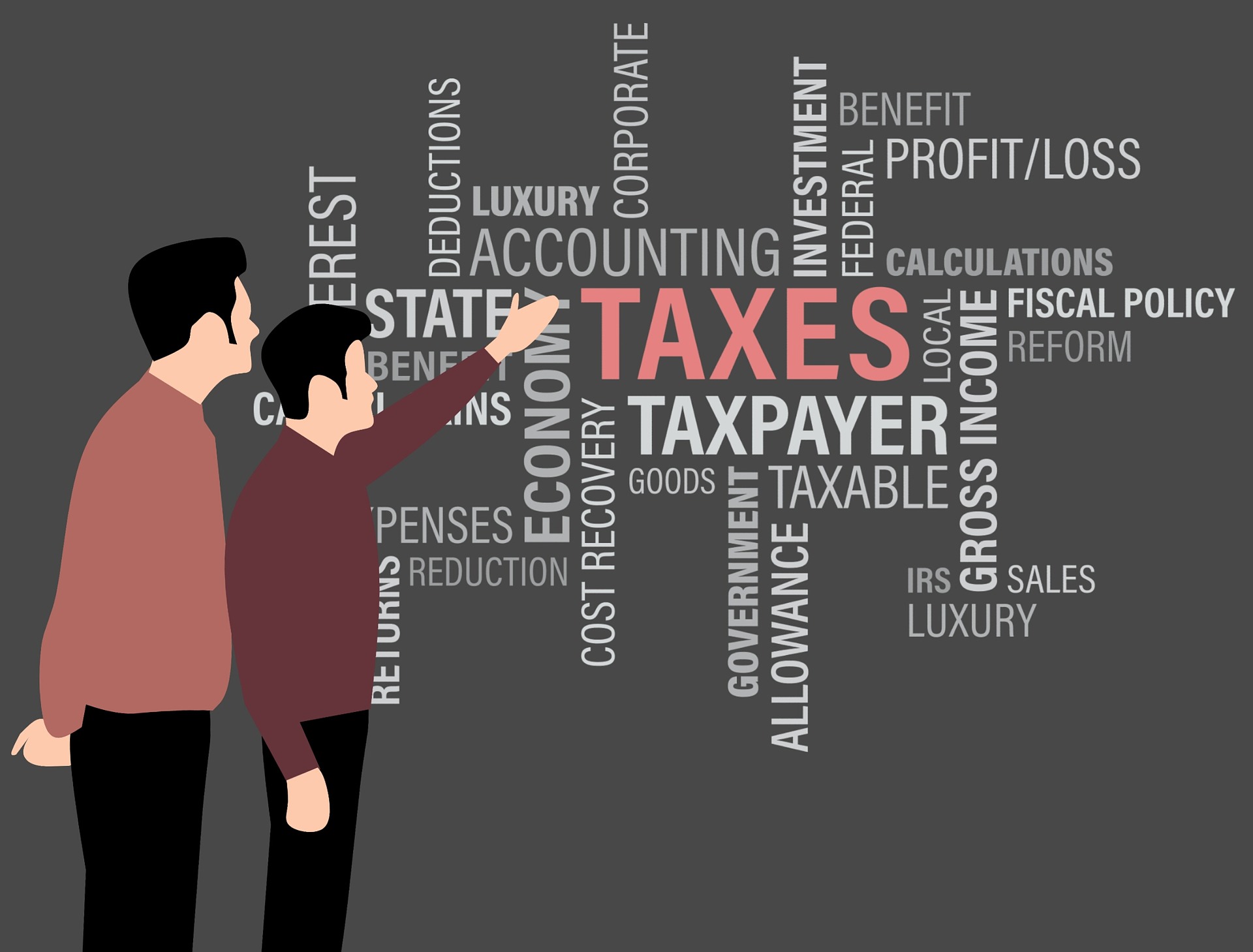When you start a small business, your hands are very full with the day-to-day operations. Creating, improving and selling your products and services are very important, but taking care of the financial side of your business is equally important. In fact, it is vital.
The Business Development Bank of Canada conducted a survey of over 880 businesses and learned that profitable businesses can fail based on poor cash flow management. Not only can your business suffer if you don’t manage and track your financials, you could be in for a nasty shock at tax time. Poor record keeping, missing documents, and improper filing can result in an audit or financial penalties. To avoid this, AF Accounting presents five things you should know before tax time.
Know that it doesn’t have to be complicated.
Putting off organizing your financials because you are “not good with numbers” or do not wish to deal with Canada Revenue Agency (CRA) is not an acceptable excuse once the auditor is knocking on your door! There are many user-friendly software packages, from Xero to Quickbooks and more. These programs help you track which of your products/services are the most profitable, where and what your expenses are, and most generate reports at the click of a button that can be used in your filings. You can even take it a step further and use business management software that helps you monitor your operations as well as your financials. Smaller companies that are not yet ready for a software investment can set up a spreadsheet, quite like the way one would set up a household budget. Note the money coming in, subtract your expenses each month and hold on to all applicable receipts.
Know your tax breaks.
As a business owner, you are eligible for several deductions. For example, some equipment, car usage, and even housing expenses (if you work from home) may be deductible. These are based on the size, volume and location of your business. Did you know about the SR&ED program? If you are involved in R&D, this program will be of great benefit to you. Get familiar with what you can and cannot write off and keep accurate records for when you file. The CRA’s business pages has plenty of information to get you started.
Know the difference between cash, credit and profit.
Your business needs both cash and profit (and sometimes a little credit) to prosper, but unless you can differentiate among the three, your business will suffer. Cash is the readily available money you use to purchase things. Profit is what you have after your credit and expenses are deducted from the cash you have earned. Credit is borrowed money and does not count as profit. Reporting credit obtained as part of your earnings for the year, or not accounting for the expenses that have to come out of your cash and simply reporting your cash as profit, are serious financial mistakes.
Know the penalties for filing late.
Procrastinators beware. If you have a balance owing after you process your taxes, interest is compounded daily starting on May 1, 2015. That means, if you are late and you owe a balance, that interest quickly adds up. Never leave filing to the last minute and stay organized during the year so when tax time rolls around, you are ready to file before the deadline.
Know when to ask for help for Deductions.
Overwhelmed by the Canada Tax Act, figuring out what you can and cannot deduct, payroll and GST/HST/QST? Hiring an accountant is a wise investment. Financial mistakes can cost you dearly and if you are not up to handling the accounting side of your business, turn it over to the experts. This gives you time to focus on your product/service while your financials are organized and filings readied by professionals.
AF Accounting, a contemporary accounting firm, provides a full range of accounting services. Whether you are just getting started or have an established business, AF Accounting has services that will benefit you.











